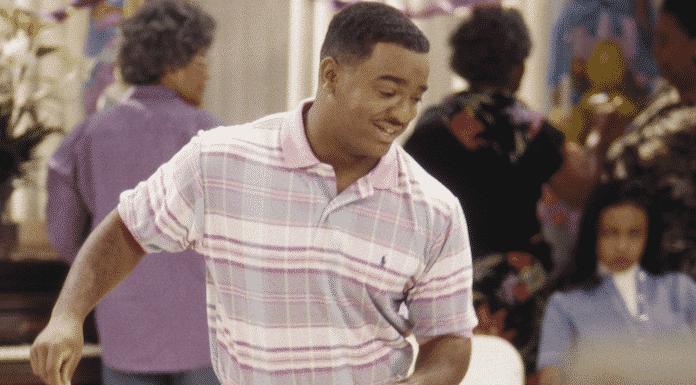

Have any suggestions for the 3 Count? Let me know via Twitter @plagiarismtoday.
Note: Due to illness last week, there were no 3 Count columns since the 13th. As such, this is a column meant to catch up on major stories since then.
1: Carlton Dance Not Eligible for Copyright, Government Says
First off today, Elizabeth A Harris at the New York Times reports that The U.S. Copyright Office has rejected an attempt to register “The Carlton Dance”, saying that it is a “simple routine” and is not complex enough to receive copyright protection.
The registration was attempted by Alfonso Ribeiro, who played Carlton on the TV show The Fresh Prince of Bel Air. While on the show, Ribeiro created the dance, which became synonymous with the character and, later in his career, Ribeiro himself. However, when the dance began to appear in video games including Fortnite Battle Royale and NBA 2K16, Ribeiro, along with creators of similar dances, filed lawsuits.
As part of that lawsuit, the filed a registration with the U.S. Copyright Office. However, the Copyright Office has rejected that registration. Still, this does not mean the end for the lawsuit as the law only requires that a registration be completed or rejected and the courts are not bound by decisions of the Copyright Office. Still, the decision does not bode well for Ribeiro or the others who have sought similar registrations and faced identical rejections.
2: ‘We Can’t Stop’ Lawsuit Against Miley Cyrus Should Move Ahead, Judge Recommends
Next up today, Ashley Cullins at The Hollywood Reporter Esquire reports that a magister judge involved in the Miley Cyrus We Can’t Stop case has recommended that the lawsuit not be tossed at the motion to dismiss phase, moving the case one step closer to a possible trial.
The lawsuit pits Cyrus against Jamaican singer and songwriter Michael May, who claims that Cyrus’ 2013 song is an infringement of his 1988 song We Run Things. Cyrus had sought to have the case dismissed on grounds that it was past the statute of limitations and that the similarities at issue were too simple and basic to qualify for copyright protection.
However, the magistrate judge has recommended that such a dismissal is inappropriate at the motion to dismiss phase and that those arguments should be heard during the summary judgment phase. That said, the judge did recommend that the damages be limited to the past three years to comply with the statute of limitations.
3: EU Countries Back Copyright Reforms Aimed at Google, Facebook
Finally today, Foo Yun Chee at Reuters reports that the European Union Countries have endorsed the bloc’s new copyright directive, leaving just one final vote before it becomes law.
The new directive addresses a wide range of issues related to copyright in the EU but has drawn high levels of controversy over Article 11 and Article 13. Those articles deal with the use of snippets and headlines from news content and the filtering of infringing material respectively. The directive seemed to be stuck last month over a conflict involving Article 13 but, after a surprise agreement was reached, the directive has been moving forward steadily.
This recent vote was widely seen as little more than a formality as the advancement of the directive likely meant this vote was secured. The next and final vote is before the full EU Parliament and that is expected some time late March or early April.
The 3 Count Logo was created by Justin Goff and is licensed under a Creative Commons Attribution License.
Want to Reuse or Republish this Content?
If you want to feature this article in your site, classroom or elsewhere, just let us know! We usually grant permission within 24 hours.